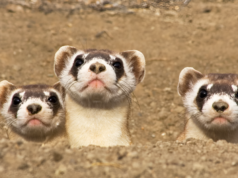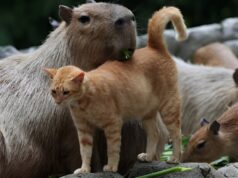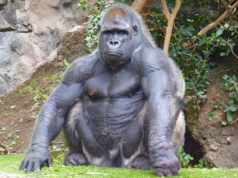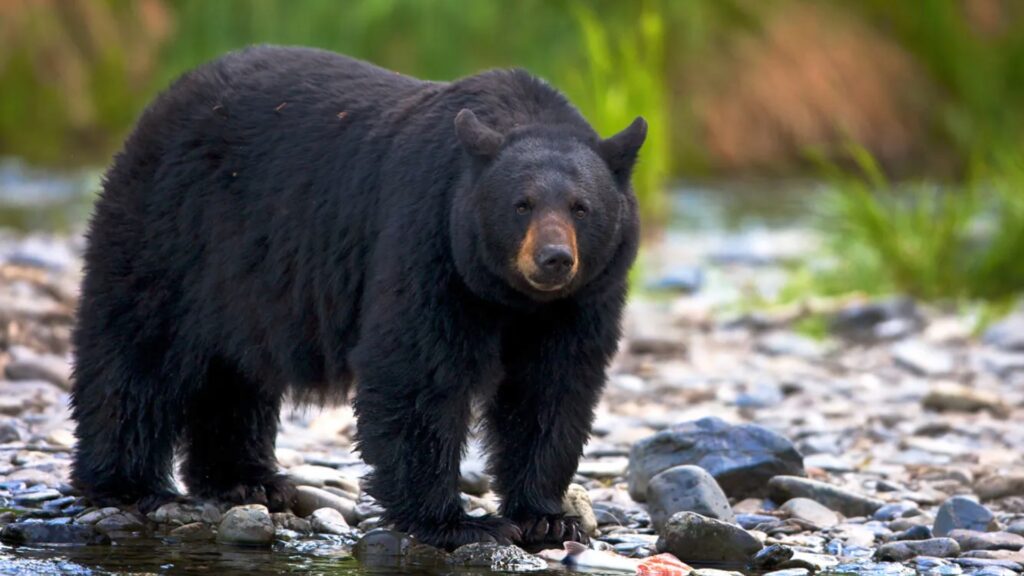
In the diverse world of wildlife, hunting skills vary significantly among species. While some animals excel as predators, others struggle to secure their meals. These creatures, despite their unique adaptations and characteristics, are often ineffective at hunting due to various factors such as diet, physical abilities, and behavioral traits.
Sloths
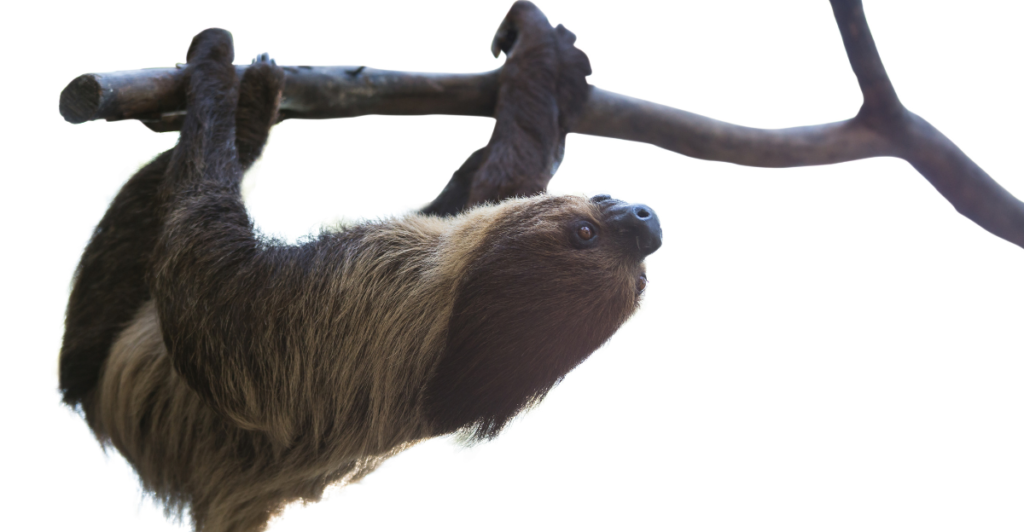
Sloths move slowly and have a limited diet, primarily consisting of leaves. Their sluggishness makes them easy targets for predators. Additionally, their low metabolic rate means they require minimal food, further limiting their hunting capabilities.
Koalas
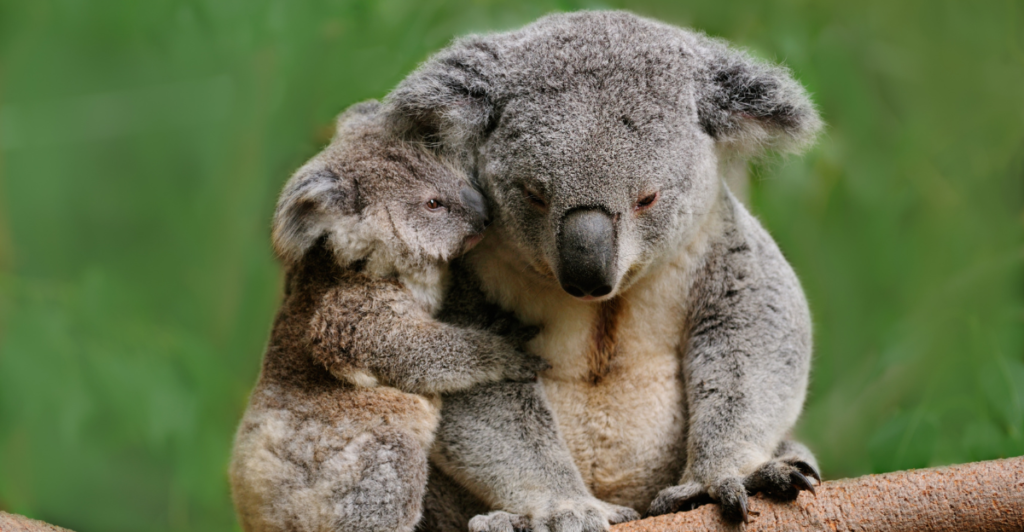
Koalas primarily eat eucalyptus leaves, which are low in nutrients. Their specialized diet restricts their energy levels and hunting skills. As a result, they spend most of their time sleeping rather than hunting for food, making them ineffective hunters.
Pandas
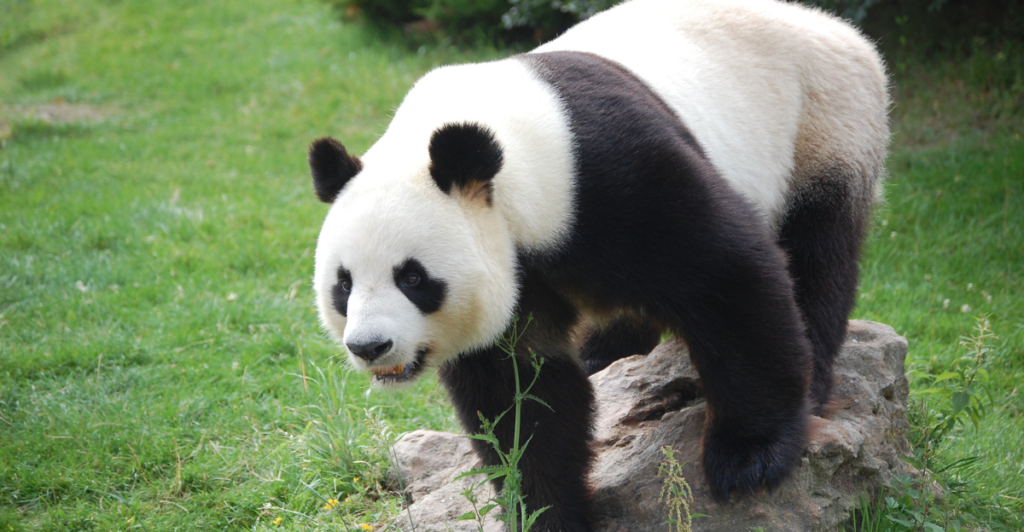
Pandas are technically carnivorous but have adapted to a herbivorous diet, mainly eating bamboo. This dietary choice limits their hunting abilities and makes them reliant on a single food source that is not very energy-rich.
Manatees
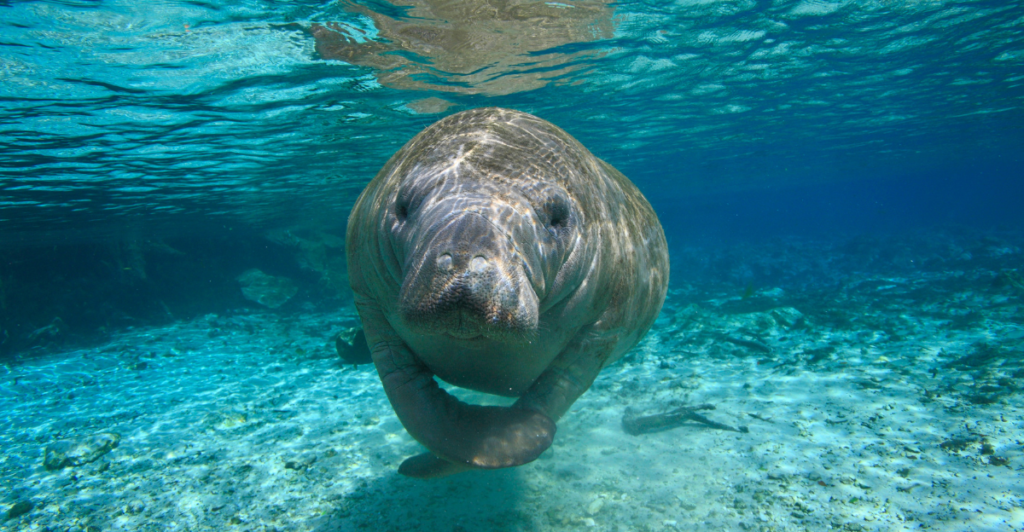
Manatees are gentle giants that graze on aquatic plants rather than hunt other animals. Their slow movement and docile nature make them vulnerable to predators, and they lack the hunting skills typical of more aggressive species.
Hippopotamuses
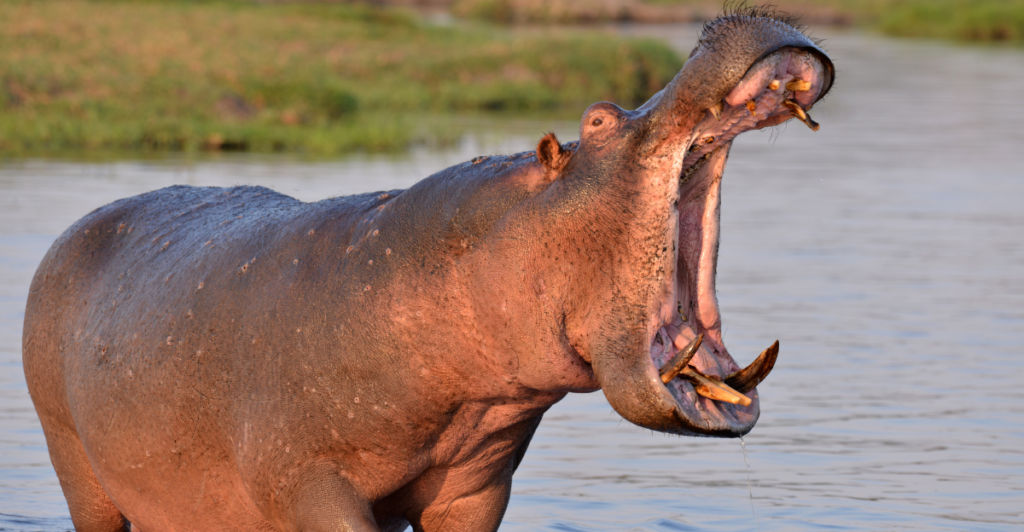
While hippos are large and intimidating, they primarily graze on grass and do not actively hunt other animals. Their aggressive behavior is often defensive rather than predatory, making them poor hunters in the traditional sense.
Goldfish
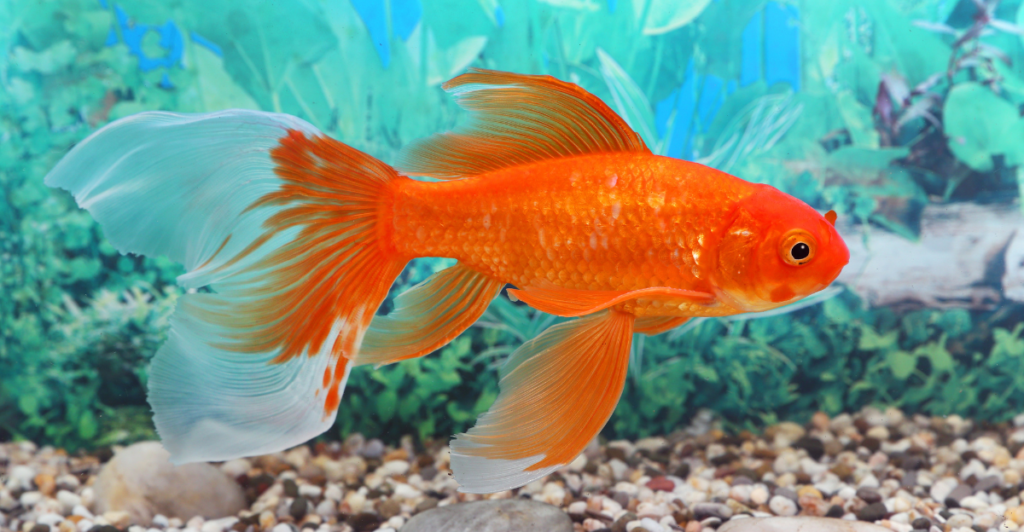
Goldfish are often kept as pets and are not natural hunters. They feed primarily on flakes or pellets provided by humans and lack the instincts or abilities to hunt effectively in the wild, making them one of the least capable hunters.
Tortoises
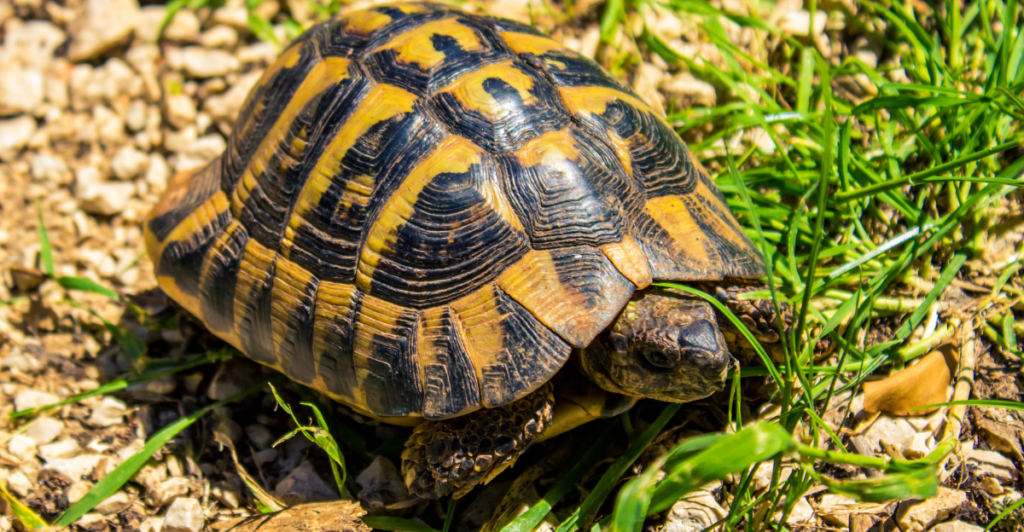
Tortoises are herbivores that consume plants and fruits rather than hunt other animals. Their slow movement and lack of predatory instincts render them ineffective as hunters in any environment.
Bison
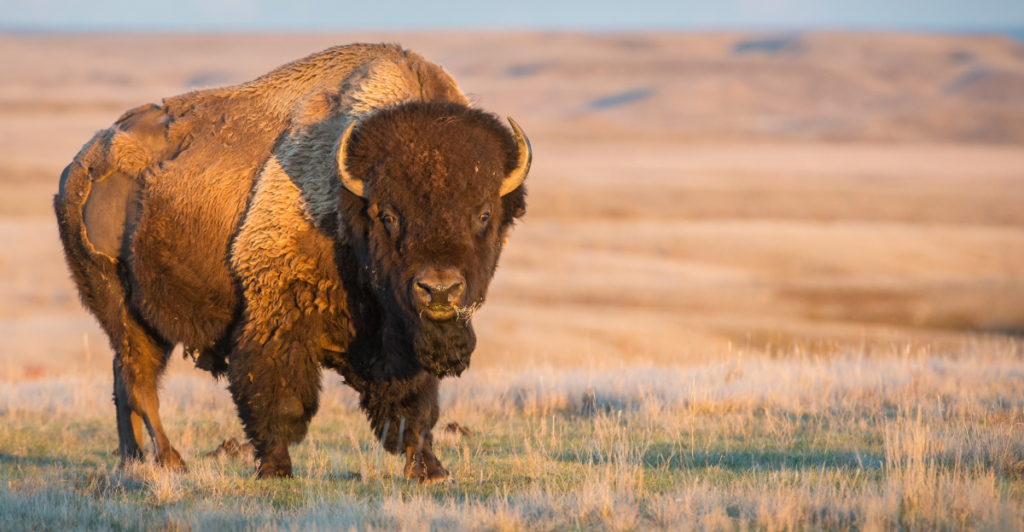
Bison primarily graze on grasses and do not hunt other animals for food. While they are powerful creatures, their diet consists entirely of vegetation, making them non-predatory and ineffective hunters.
Sea Cows
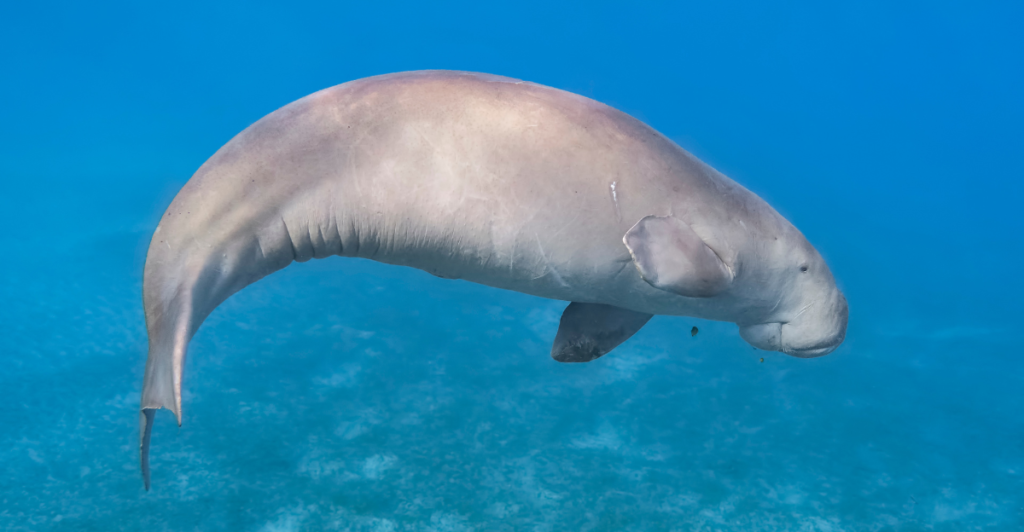
Like manatees, dugongs feed on seagrass and are not hunters at all. Their gentle nature and reliance on plant matter limit any hunting capabilities they might have had, making them some of the weakest hunters.
Capybaras
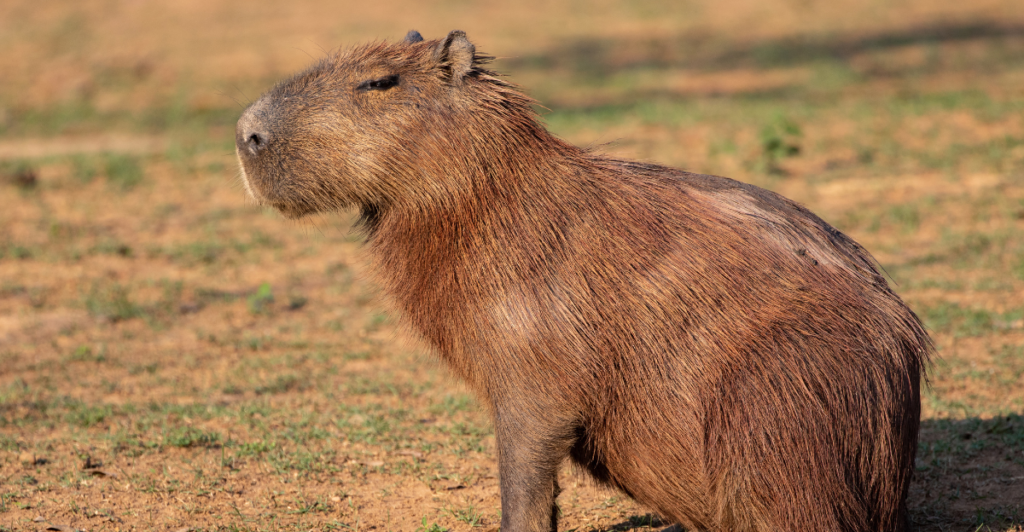
Capybaras are social rodents that primarily eat grass and aquatic plants. They do not hunt or scavenge but instead rely on their large social groups for protection against predators, further emphasizing their lack of hunting skills.
Fruit Bats
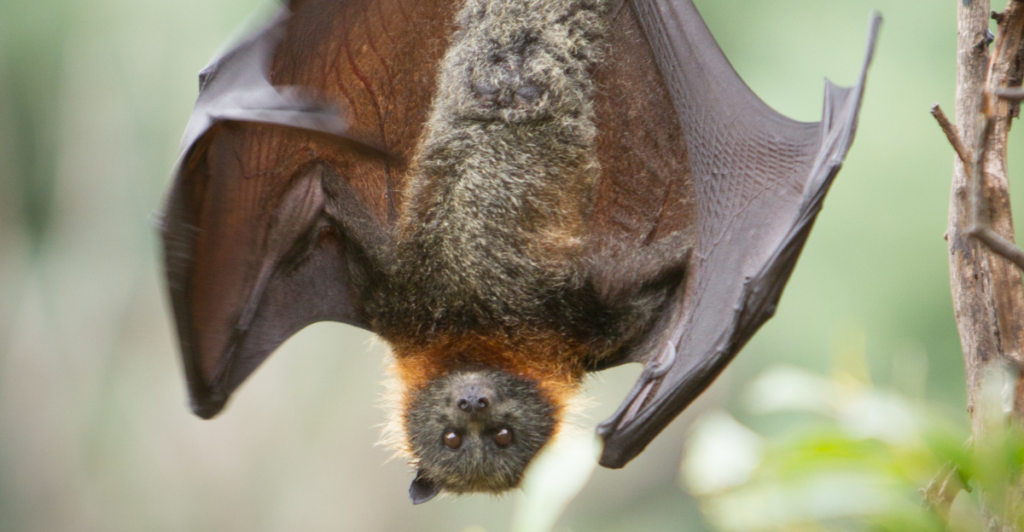
Fruit bats consume fruit and nectar rather than hunt insects or other animals. Their feeding habits make them reliant on specific food sources rather than exhibiting any predatory behavior, categorizing them as ineffective hunters in the animal kingdom.
Bears
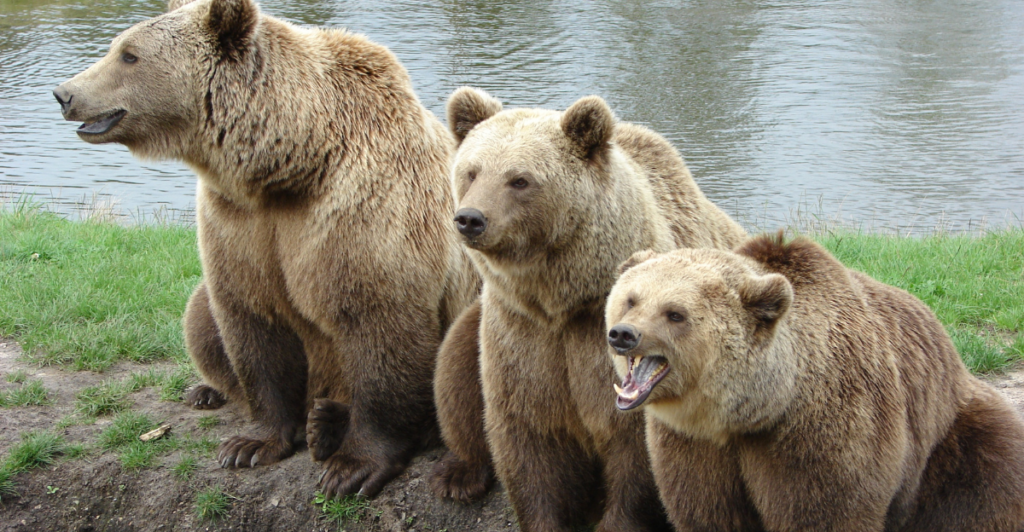
Bears are fascinating creatures that exhibit a mix of hunting skills and scavenging behavior. While they are capable of hunting large prey like deer and moose, they primarily rely on an omnivorous diet consisting of berries, fish, and insects, with about 70% of their intake being non-meat sources.
Disclaimer: This article was researched and written with the assistance of an AI and edited/fact-checked by a human.
Stay connected with us for more stories like this! Follow us to get the latest updates or hit the Follow button at the top of this article, and let us know what you think by leaving your feedback below. We’d love to hear from you!


